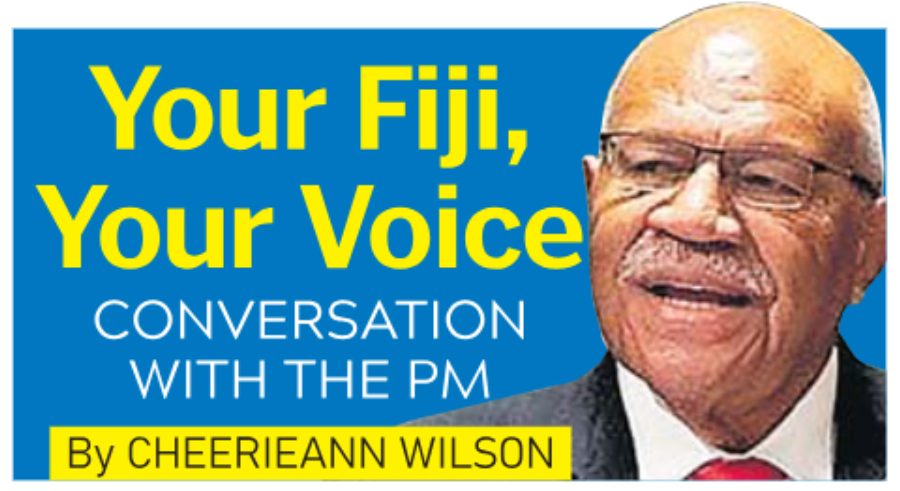PRIME Minister Sitiveni Rabuka has defended the return of Ratu Tevita Mara to a position of chiefly leadership, saying reconciliation, legacy and traditional authority must be viewed in the broader context of Fiji’s political journey.
Responding to questions about past affiliations and the 2006 takeover during A Conversation with the PM this week, Mr Rabuka said: “Every saint had a past; every sinner has a future.”
He said Ratu Tevita, now Tui Nayau, had returned with deep personal understanding of Fiji’s political transformation since 1987.
“He comes back now with all that background understanding of his own personal role in the various changes in the political metamorphosis that Fiji has gone through since 1987,” he said.
“He was among the first batch of young chiefs that I intended to bring through military training so that they became better chiefs in the villages or working in government or working in the provincial administration, whichever career path they would choose after basic military training, basic officers selection and commissioning courses.”
Mr Rabuka said such efforts were necessary at a time when international partners had withdrawn cooperation after the 1987 coup.
“We had to improvise, we had to establish our own training cadre.
“We had to go on.”
On the role of chiefs in today’s democracy, the Prime Minister said: “I think they complement each other – they do not compete.
“They can harmonise, we dove tail them together and make it a stronger bond rather than the two disciplines going into conflict with one another.”
To critics who argue the revival of chiefly institutions is undemocratic, Mr Rabuka said traditions must be allowed to thrive.
“They are entitled to their views. Basically, you cannot move away from both traditional associations, can you just because of democracy break up families? Can you just through democratic processes and values break-up religions? No. They are organisations within organisations – they must be allowed to thrive.”



